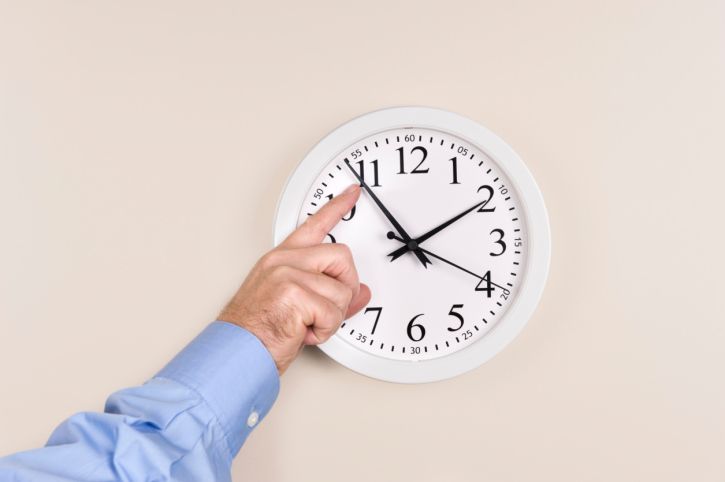Summer time will end on Sunday evening and Central European Standard Time will begin. At 03.00, the clock will return to 02.00, making the night one hour longer. Winter, astronomical time will last until the last Sunday of March next year, which is five months.
Passengers traveling on long-distance public transport on Sunday evenings will have an hour longer travel time. Time changes will affect the four-night long distance train from Czech Railways. The train will wait at the departure station according to the new time. There is no regional connection during the transition to the new time.
In connection with the fall adjustment of civil time, it is sometimes mistakenly stated that this is a transition to winter time. The actual winter time prevailed in the Czech Republic for the last time from December 1946 to February 1947.
Summer time was first introduced on Czech soil in 1915 and 1916. It returned during the Second World War in 1940 and lasted until 1949. The Czechs began advancing their clocks a third time during the energy crisis of the late 1970s. . Until the mid-1990s, summer time lasted for half a year in the Czech Republic. Since 1996, the republic has joined the customs of the European Union, and the time shift lasts for seven months.
Summer time was originally introduced to save energy, but is now being ignored. Instead, experts point out that negative consequences for human health apply.
According to the European Commission’s plan, the mandatory time change is supposed to end this year across the European Union. However, member countries have not agreed on a time that will take effect permanently. Last September, the Czech government approved regulations that it said times would change in the next five years.
Some people have problems with mental and physical performance due to time changes, they complain of lack of sleep, fatigue or nausea. It took some time to reset their internal clock. When choosing the time of year, according to experts, the time zone prevailing in winter will be more favorable for a person.
According to a survey by the STEM/MARK agency from the fall of 2018, 70 percent of respondents agreed with the abolition of time change in the Czech Republic. As many as 44 percent of respondents want permanent daylight saving time and 24 percent for winter time.

“Certified bacon geek. Evil social media fanatic. Music practitioner. Communicator.”







